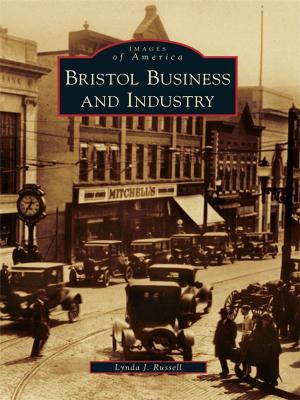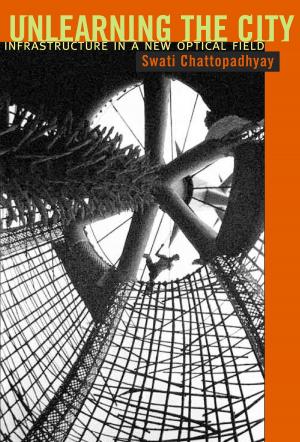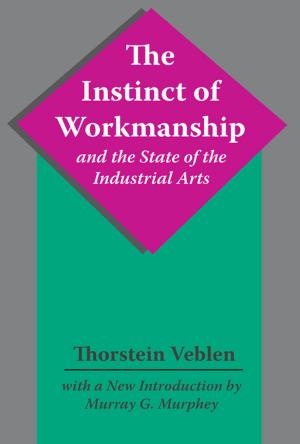Sheppard Lee Volume II
(of 2)
Biography & Memoir, Artists, Architects & Photographers, Nonfiction, Art & Architecture| Author: | Sheppard Lee | ISBN: | 1230000264682 |
| Publisher: | HARPER & BROTHERS | Publication: | August 30, 2014 |
| Imprint: | Language: | English |
| Author: | Sheppard Lee |
| ISBN: | 1230000264682 |
| Publisher: | HARPER & BROTHERS |
| Publication: | August 30, 2014 |
| Imprint: | |
| Language: | English |
Example in this ebook
CHAPTER IV.
THE MISER'S CHILDREN.
It will scarcely be supposed that, with the passion of covetousness gnawing at my heart, I had space or convenience for any other feeling. But Abram Skinner had loved his children; and to this passion I was introduced, as well as to the other. At first I was surprised that I should bestow the least regard upon them, seeing that they were no children of mine. I endeavoured to shake off the feeling of attachment, as an absurdity, but could not; in spite of myself, I found my spirit yearning towards them; and by-and-by, having lost my identity entirely, I could scarcely, even when I made the effort, recall the consciousness that I was not their parent in reality.
Indeed, the transformation that had now occurred to my spirit was more thorough than it had been in either previous instance; I could scarce convince myself I had not been born the being I represented; my past existence began to appear to my reflections only as some idle dream, that the fever of sickness had brought upon my mind; and I forgot that I was, or had been, Sheppard Lee.
Yes, reader, I was now Abram Skinner in all respects, and I loved his children, as he had done before me. In entering his body, I became, as I have mentioned repeatedly before, the subject of every peculiarity of being that marked the original possessor: without which, indeed, the great experiment my destiny permitted me to make of the comparative good and evil of different spheres of existence, must have been made in vain. What my prototype hated I was enforced to hate; what he loved I found myself compelled in like manner to love. While moving in the bodies of John H. Higginson and I. D. Dawkins, I do not remember that I experienced any affection for anybody; which happened, doubtless, because these individuals confined their affections to their own persons. Abram Skinner, on the contrary, loved his children; which I suppose was owing to their being the worst children that ever tormented a parent. He loved them, and so did I; he pondered with bitterness over the ingratitude of their tempers, and the profligacy of their lives, and I—despite all my attempts to the contrary—did the same. I forgot, at last, that I was not their parent, and my feelings showed me that I was; and I found in the anguish that attacked my spirit, when I thought of them, one of the modes in which Heaven visits with retribution the worshipper of the false god of the country. When the votary of Mammon has propitiated his deity, let him count the children he has sacrificed upon his altar. Avarice, as well as wrath, sows the storm only to reap the whirlwind.
I am growing serious upon this subject, but I cannot help it. This portion of my history dwells on my remembrance with gloom; it keeps me moralizing over the career of my neighbours. When I see or hear of a man who is bending all his energies to the acquisition of a fortune, and is already the master of his thousands, I ask, "What has become of his sons?" or, "What will become of them?"
To be continue in this ebook................................................................................................................
Example in this ebook
CHAPTER IV.
THE MISER'S CHILDREN.
It will scarcely be supposed that, with the passion of covetousness gnawing at my heart, I had space or convenience for any other feeling. But Abram Skinner had loved his children; and to this passion I was introduced, as well as to the other. At first I was surprised that I should bestow the least regard upon them, seeing that they were no children of mine. I endeavoured to shake off the feeling of attachment, as an absurdity, but could not; in spite of myself, I found my spirit yearning towards them; and by-and-by, having lost my identity entirely, I could scarcely, even when I made the effort, recall the consciousness that I was not their parent in reality.
Indeed, the transformation that had now occurred to my spirit was more thorough than it had been in either previous instance; I could scarce convince myself I had not been born the being I represented; my past existence began to appear to my reflections only as some idle dream, that the fever of sickness had brought upon my mind; and I forgot that I was, or had been, Sheppard Lee.
Yes, reader, I was now Abram Skinner in all respects, and I loved his children, as he had done before me. In entering his body, I became, as I have mentioned repeatedly before, the subject of every peculiarity of being that marked the original possessor: without which, indeed, the great experiment my destiny permitted me to make of the comparative good and evil of different spheres of existence, must have been made in vain. What my prototype hated I was enforced to hate; what he loved I found myself compelled in like manner to love. While moving in the bodies of John H. Higginson and I. D. Dawkins, I do not remember that I experienced any affection for anybody; which happened, doubtless, because these individuals confined their affections to their own persons. Abram Skinner, on the contrary, loved his children; which I suppose was owing to their being the worst children that ever tormented a parent. He loved them, and so did I; he pondered with bitterness over the ingratitude of their tempers, and the profligacy of their lives, and I—despite all my attempts to the contrary—did the same. I forgot, at last, that I was not their parent, and my feelings showed me that I was; and I found in the anguish that attacked my spirit, when I thought of them, one of the modes in which Heaven visits with retribution the worshipper of the false god of the country. When the votary of Mammon has propitiated his deity, let him count the children he has sacrificed upon his altar. Avarice, as well as wrath, sows the storm only to reap the whirlwind.
I am growing serious upon this subject, but I cannot help it. This portion of my history dwells on my remembrance with gloom; it keeps me moralizing over the career of my neighbours. When I see or hear of a man who is bending all his energies to the acquisition of a fortune, and is already the master of his thousands, I ask, "What has become of his sons?" or, "What will become of them?"
To be continue in this ebook................................................................................................................















